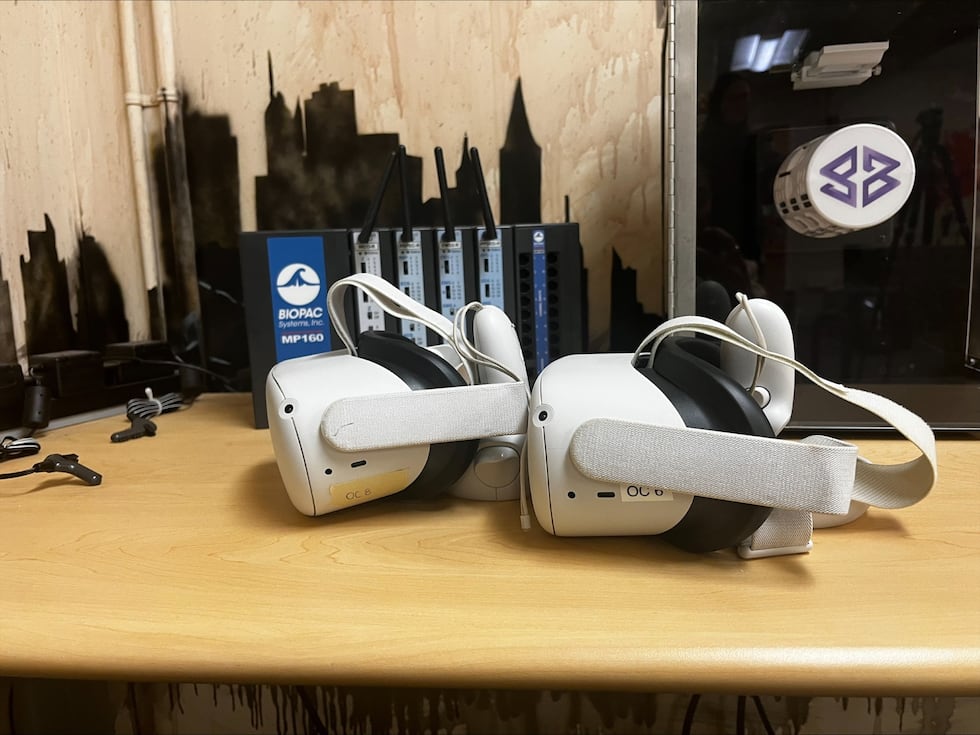RICHMOND, Va. (WWBT) – Researchers at Virginia Commonwealth University (VCU) have developed a virtual reality program that helps children manage conduct disorders like aggressive or disruptive behaviors.
The program called “Impact VR” was developed by the director of research for the Injury and Violence Prevention Program at VCU Health, Nicholas Thomson.
Thomson said it took two to four years to develop the program with his company, Arche XR, which has also built a suite of virtual reality programs grounded in cognitive-behavioral therapy to address youth mental health.
After the development of the program was completed, it went through a randomized clinical trial funded by the National Institute of Mental Health.
“The intervention really stems from understanding what the mechanisms are for conduct disorders, so we took a different approach to treatment, and we decided to pair virtual reality, which is really what engages youth, and we took a mechanistic approach to understand what drives conduct disorder,” Thomson said. “And essentially what we did is blended those two components together.”
The treatment exposes children and teens to virtual reality situations designed to be engaging and address underlying problems associated with conduct disorders.
These include difficulty understanding emotional cues, interpreting social situations, and building empathy.
The treatment can be administered at schools or at home, making it more accessible than traditional interventions.
During the clinical trial to test the effectiveness of the program, a group of researchers led by Thomson conducted a study at VCU Health with 110 participants, aged 10-17, with a diagnosis of conduct disorder.
The children were randomly assigned to either complete a single 25-minute emotion recognition training session or participate in the Impact VR program over four weekly sessions.
 VR headsets used for the “Impact VR” program Dr. Nicholas Thomson developed.(Taylor Bryan)
VR headsets used for the “Impact VR” program Dr. Nicholas Thomson developed.(Taylor Bryan)
Thomson said the program consists of only four brief sessions, and the children who participated in the Impact VR program showed changes.
“We found that the improvements through this brief intervention, it’s only 4 sessions, brief sessions, those improvements that kids showed were sustained through the full three months,” Thomson said.
More importantly, Thomson emphasized two major goals of the research. The first is to make mental health intervention affordable.
“So, youth with conduct disorders notoriously have fewer treatment options available to them than other childhood disorders. Many of the interventions are intensive: you have multi-system therapy, which is incredibly intensive, with case management and 24/7 support. So, it makes it a very costly psychiatric disorder. What this does is it creates a sustainable, economical, and highly efficient delivery of an intervention,” he explained.
The second goal is to make it more accessible.
“And that’s important right when we talk about accessibility, but it’s also important in terms of reducing stigma, the idea of going and doing mental health treatment within a VR headset, found that there’s less stigma associated with it because it’s more of a gaming experience. It’s more of an enjoyable experience than having to go to a therapist’s office and talk about your feelings,” he said.
Copyright 2025 WWBT. All rights reserved.
